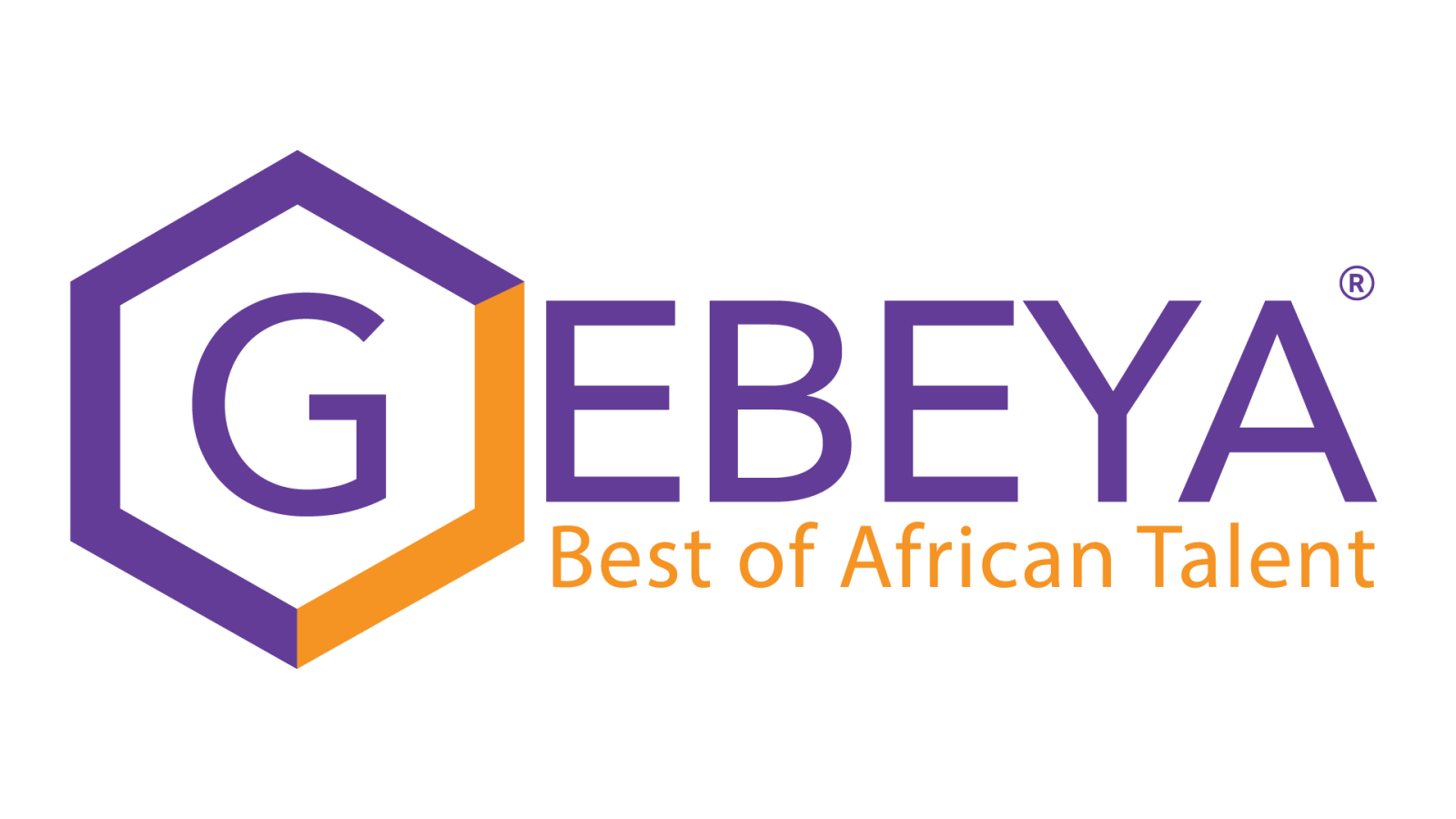A 2019 white paper on the global gig economy predicts that the $204 billion industry will grow in volume to $455 billion by 2023—but the COVID-19 pandemic has certainly accelerated this growth. Especially given that one of the key factors for growth cited was “a cultural shift toward embracing a flexible work-life environment.”
Last month, I spoke on a panel about the future of work in Africa. As a talent marketplace brokering in professional services, this got me thinking about the importance of shared language. Terms like “gig,” “informal,” and “freelance” work are interchanged, but are not necessarily interchangeable: For example, a gig can last a few hours or days, and is often physical in nature; whereas a freelance project might require skilled technical work like writing or coding, and last a few weeks or months. What the two might share in common is a listing on the same platform or app.
Gig platforms will inevitably continue to emerge in Africa thanks to shifting attitudes, and growing normalization of remote work. When it comes to platforms built on professional services, here are three keys to success:
- Cultivate Talent: The operative word here: talent. Without talent, you can’t build a successful business. Period. Some platforms focus on the quantity of gigs or number of users; but at Gebeya, it’s all about cultivating the right talent. A service is a more complex product to deliver than goods, but quality control remains critical. We thoroughly vet our talent not only for the right technical skills, but also the right attitude, mindset, and integrity. With 226 million youth (15-24 yrs.) in Africa, the supply pipeline already exists; upskilling and refinement will strengthen productivity.
- Build the Foundation: Growing our own gig economy will be the fastest way to leapfrog jobs in Africa. Without the right infrastructure to support them, freelance platforms will collapse. This looks like: planning for scalable growth, balancing supply and demand, and leveraging digital tools such as online payment platforms. Our aim is to make the ecosystem flow smoothly, by taking all of these pieces into account.
- Focus on Specialization: Expertise will drive innovation, both at the company and the talent level. A platform should not aim to be all things to all people, and neither should talent try to be a Jomo of all trades. Focus on specific industries like transportation means the opportunity to proverbially “do one thing well.”
As I shared in the webinar, during this time of physical distancing, I have seen even leaders of African nations hold their meetings on Zoom, like Ethiopia’s Prime Minister Abiy Ahmed. Documents are being circulated online. E-commerce platforms are emerging in places like Ethiopia. Africa’s digital transformation is well underway, and the talent economy will benefit from increased connectivity.
The opportunity to carve out the present, and lay the foundation for a prosperous future of work in Africa is tremendous. Are we ready?

Access Africa's Best Talent


